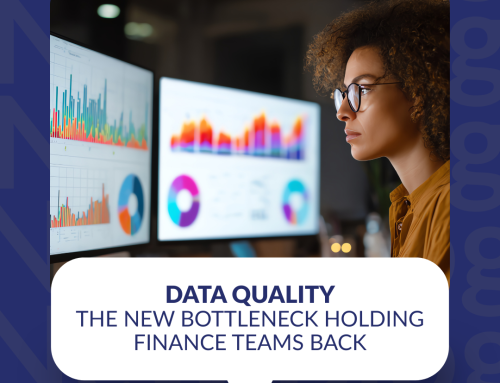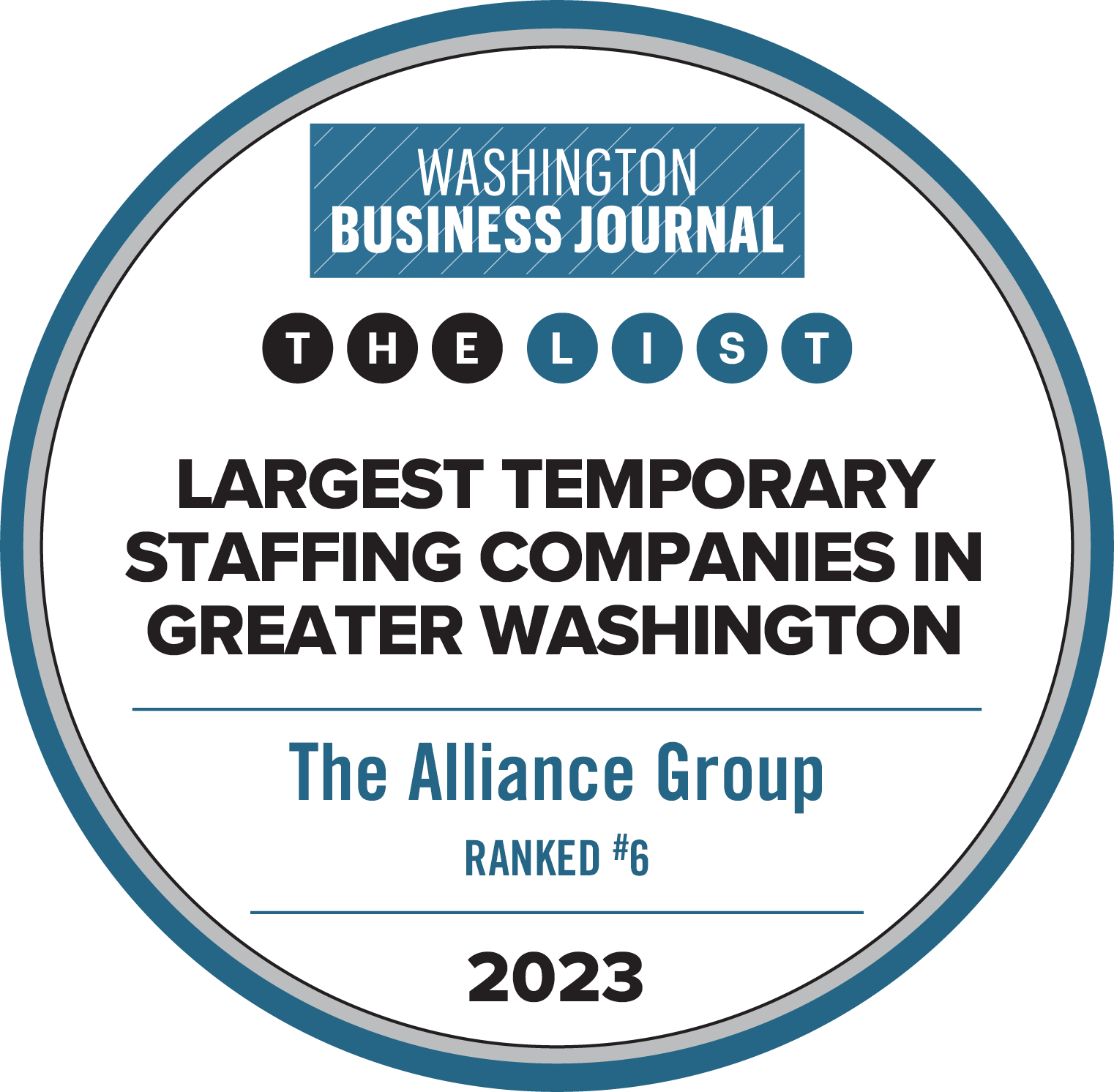
In the ever-evolving landscape of finance, sustainability reporting has emerged as a critical focus for companies worldwide. As environmental, social, and governance (ESG) considerations become increasingly integral to business operations, investors, regulators, and consumers alike are demanding greater transparency and accountability. This shift signifies not just a trend, but a fundamental transformation in how companies approach their financial and operational strategies. In this blog, we will explore the growing importance of sustainability reporting and how companies can effectively prepare for this new era.
Why Sustainability Reporting Matters
- Investor Demand: Investors are increasingly looking for companies that are not only profitable but also sustainable. ESG criteria are now key factors in investment decisions, with many investors viewing strong sustainability practices as indicative of a company’s long-term viability and resilience.
- Regulatory Pressure: Governments and regulatory bodies around the globe are implementing stringent reporting requirements. For instance, the European Union’s Corporate Sustainability Reporting Directive (CSRD) mandates comprehensive sustainability disclosures, compelling companies to provide detailed information on their environmental and social impacts.
- Consumer Expectations: Today’s consumers are more informed and concerned about sustainability than ever before. They prefer to support businesses that align with their values, and transparent sustainability reporting helps build trust and loyalty among this increasingly conscientious customer base.
- Risk Management: Sustainability reporting aids in identifying and mitigating risks related to environmental and social issues. By proactively addressing these risks, companies can avoid potential legal, financial, and reputational damage.
How Companies Can Prepare for Sustainability Reporting
- Establish Clear Objectives: Begin by defining what sustainability means for your organization. Set clear, measurable goals that align with your company’s mission and values. Objectives might include reducing carbon emissions, improving labor practices, or enhancing community engagement.
- Develop a Robust Reporting Framework: Choose a reporting framework that suits your company’s needs. Popular frameworks include the Global Reporting Initiative (GRI), the Sustainability Accounting Standards Board (SASB), and the Task Force on Climate-related Financial Disclosures (TCFD). These frameworks provide guidelines on how to measure and report on various sustainability metrics.
- Integrate ESG into Corporate Strategy: Embed ESG considerations into your overall business strategy. This integration ensures that sustainability efforts are not isolated initiatives but are fundamental to your company’s operations and growth plans.
- Collect and Analyze Data: Accurate data collection is crucial for credible sustainability reporting. Implement systems and processes to gather data on your environmental and social impacts. Use this data to analyze performance, identify areas for improvement, and track progress toward your sustainability goals.
- Engage Stakeholders: Engage with stakeholders—including employees, investors, customers, and communities—to understand their concerns and expectations. Regular dialogue with stakeholders can provide valuable insights and help refine your sustainability strategy.
- Ensure Transparency and Accountability: Transparency is key to building trust. Be open about your sustainability practices, challenges, and achievements. Ensure that your reporting is honest, accurate, and comprehensive, reflecting both successes and areas where improvement is needed.
- Continuously Improve: Sustainability reporting is not a one-time exercise but an ongoing process. Continuously assess and improve your sustainability practices, set new targets, and update stakeholders on your progress.
Sustainability reporting is indeed the next big thing in finance. Companies that proactively embrace this shift will be well-positioned to navigate the challenges and seize the opportunities of the future. By establishing clear objectives, integrating ESG into corporate strategy, and ensuring transparency, businesses can lead the way toward a more sustainable and equitable world. If your company needs help prioritizing and exceling in sustainability reporting, contact us to augment your finance and accounting team.







